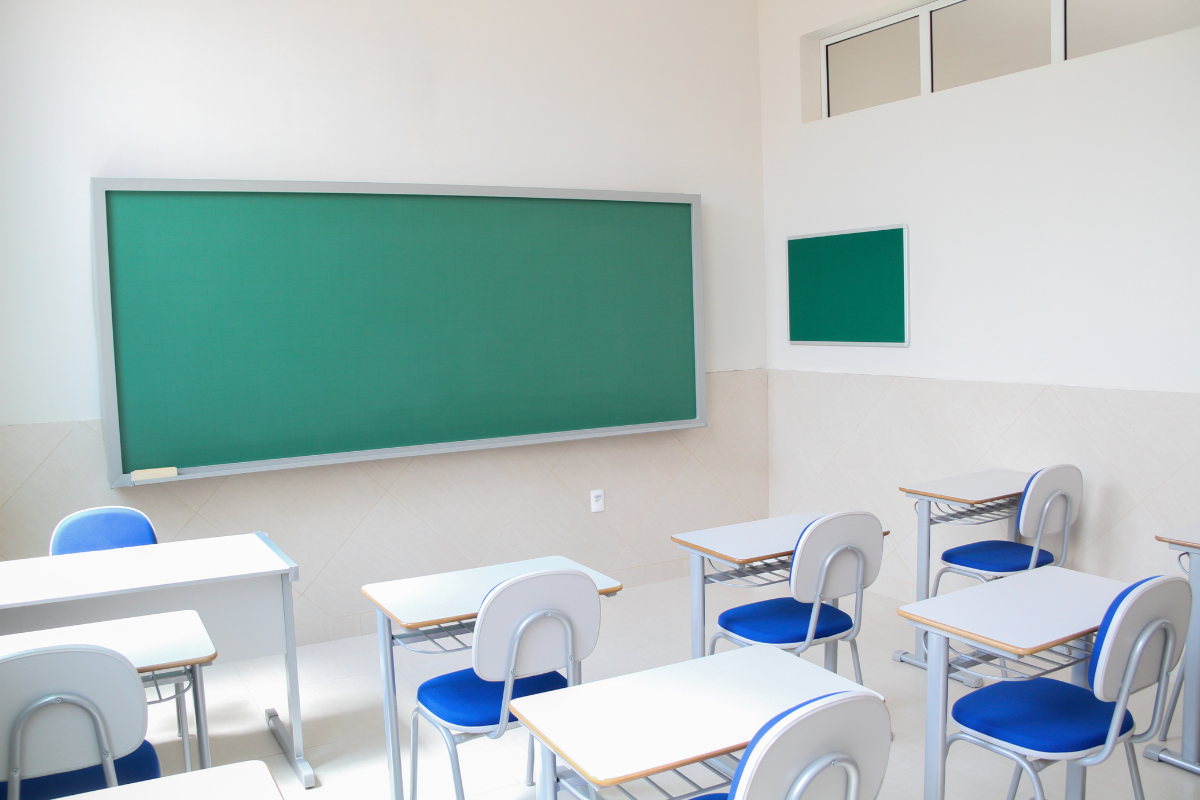As in other Latin American countries, inflation ticked up in February in Brazil.
Driven by school tuition fees and food costs, prices went up by 0.83 percent, the latest inflation reading showed. The monthly increase of the IPCA index, Brazil’s official consumer prices gauge, came way above median market expectations of around 0.78 percent, per Reuters.
As the mid-month index had already suggested, the most significant pressure came from the price group linked to education, which rose 4.98 percent and was responsible for the most significant impact on the index (0.29 percentage points). Food and transport prices also raised the living costs, pushing the IPCA by 0.2 and 0.15 percentage points, respectively.
Transportation costs rose due to increases in fuel prices following a decision by state governments to increase consumption taxes by 12.5 percent as a way of compensating for changes made by Jair Bolsonaro’s government and, at the same time, boosting the soon-to-be-created local VAT rate that will arise with the tax reform.
The 12-month rate up to February slowed to 4.50 percent, compared to 4.51 percent in January, but it also came above economists polled by Reuters, who expected something around 4.44 percent.
Despite the slight decline in headline inflation, the recent numbers signaled that the 2023 disinflation trend may have stalled out at the start of 2024. As a result, low-income families will likely feel the hit from...


 Search
Search






































